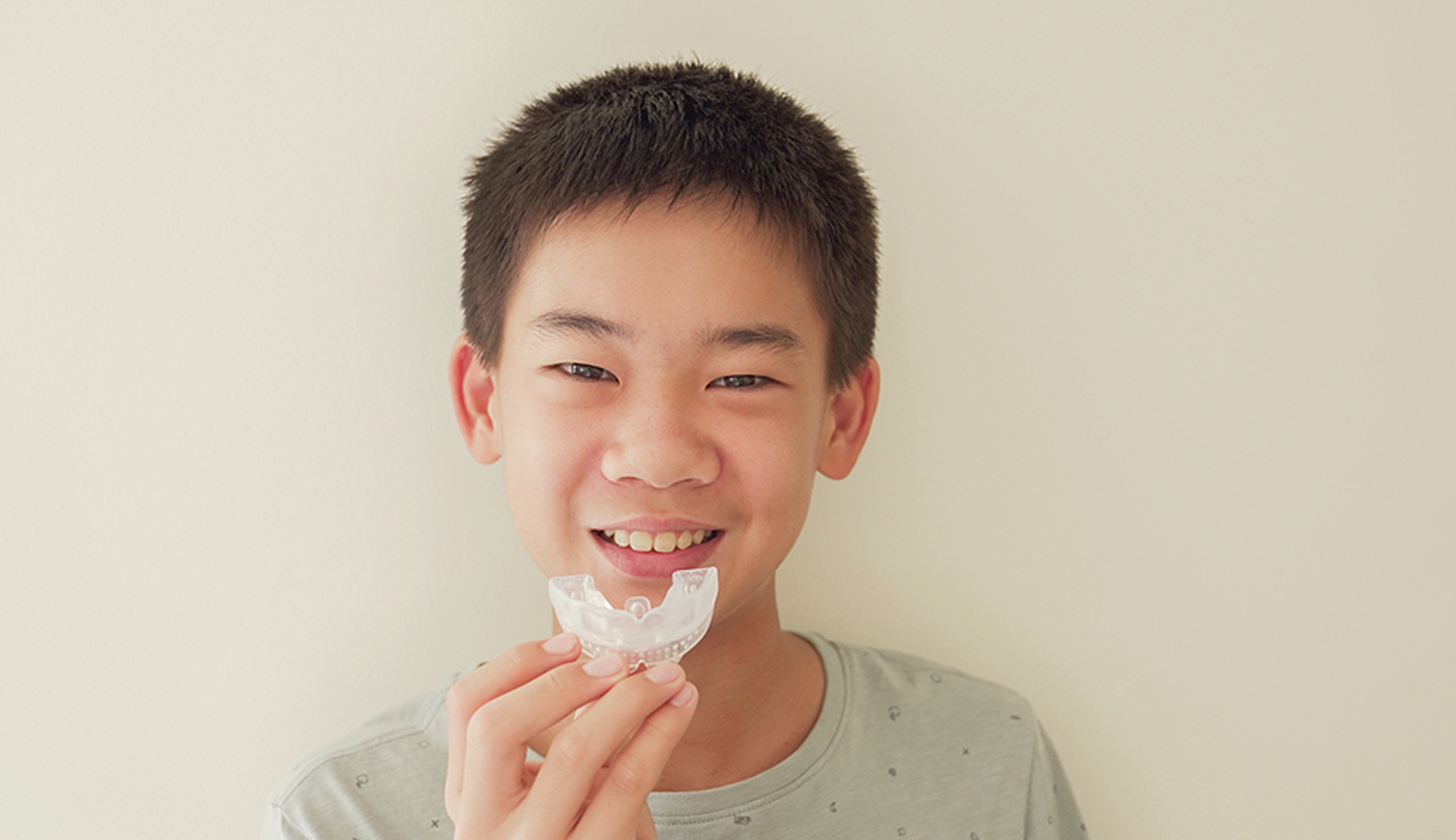Bruxism Treatment

Bruxism
Q: What causes grinding?
A: Though studies have been done, no one knows why bruxism happens. But in some cases, kids may grind because the top and bottom teeth aren’t aligned properly. Others do it as a response to pain, such as an earache or teething. Kids might grind their teeth as a way to ease the pain, just as they might rub a sore muscle. Many kids outgrow these fairly common causes for grinding.
Q: Can stress cause grinding as well?
A: Yes, Stress — usually nervous tension or anger — is another cause. For instance, a child might worry about a test at school or a change in routine (a new sibling or a new teacher). Even arguing with parents and siblings can cause enough stress to prompt teeth grinding or jaw clenching. Some kids who are hyperactive also experience bruxism. And sometimes kids with other medical conditions (such as cerebral palsy) or on certain medications can develop bruxism.
Q: Will grinding cause damage to the teeth and what should I be looking for?
A: Many cases of bruxism go undetected with no adverse effects, while others cause headaches or earaches. Usually, though, it’s more bothersome to other family members because of the grinding sound. In some circumstances, nighttime grinding and clenching can wear down tooth enamel, chip teeth, increase temperature sensitivity, and cause severe facial pain and jaw problems, such as temporomandibular joint disease (TMJ). Most kids who grind, however, do not have TMJ problems unless their grinding and clenching is chronic. Some signs to watch for include grinding noises when your child is sleeping, complaints of a sore jaw or face in the morning, and pain with chewing.
Q: Does my child need treatment?
A: Most kids outgrow bruxism, but a combination of parental observation and dental visits can help keep the problem in check until they do. In cases where the grinding and clenching make a child’s face and jaw sore or damage the teeth, dentists may prescribe a special night guard if appropriate.
























